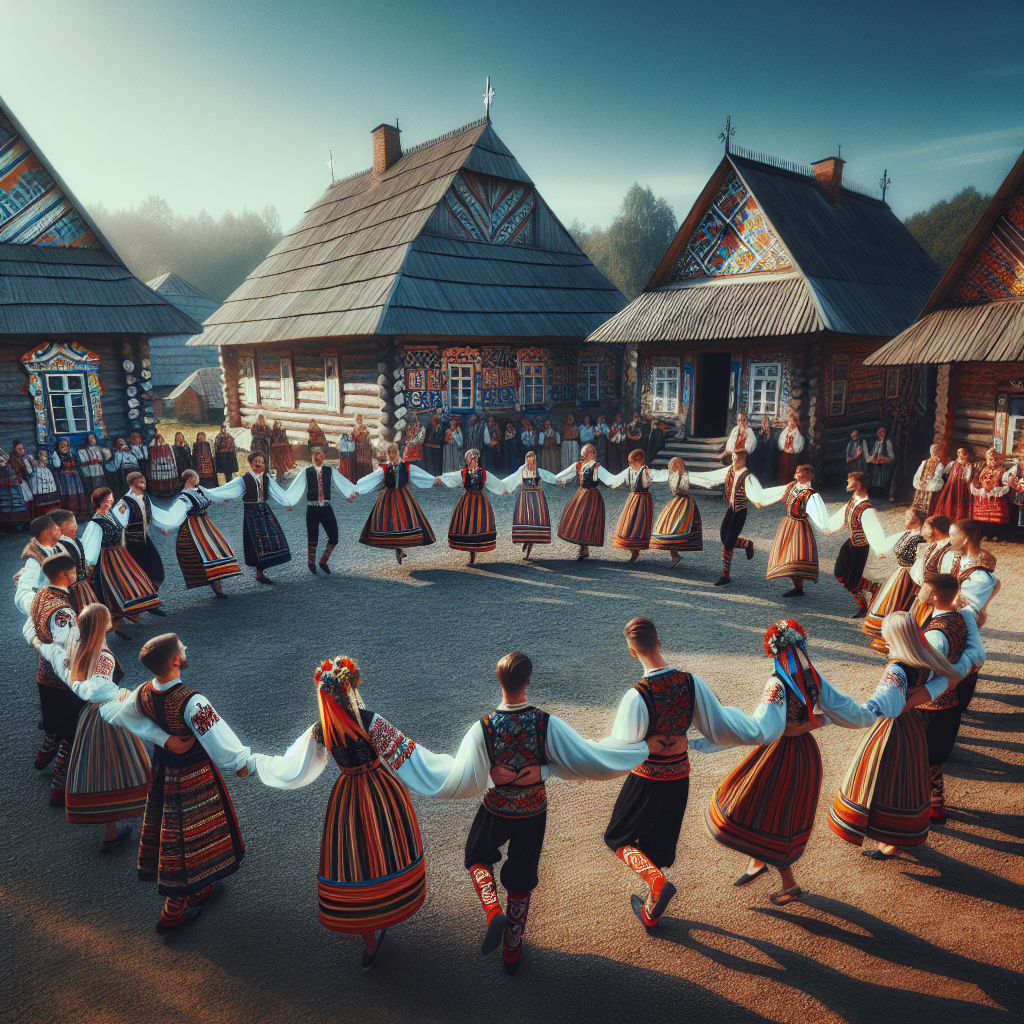Lithuania's Election: Balancing Domestic Woes with Security Concerns
Lithuanians vote for a new parliament, focusing on inflation and potential Russian threats. The opposition Social Democrats lead the polls but may lack a majority. The election impacts both domestic policies and national security, with Lithuania's NATO and EU ties in sharp focus.

On Sunday, Lithuanians head to the polls to elect a new parliament, a decision heavily influenced by rising living costs and looming Russian threats. The Social Democrats, an opposition party, are expected to win the most votes but will fall short of a clear majority.
The outgoing government, led by Prime Minister Ingrida Simonyte, suffers from declining support due to soaring inflation and socio-economic disparities. Polls open from 7 am to 8 pm, with results anticipated post-midnight local time.
Lithuania, with its mixed voting system, sees a significant role for smaller parties in forming a coalition. Larger parties benefit from the district-based system, making the election outcome uncertain. The election underscores Lithuania's focus on national security, bordering Russia's Kaliningrad and NATO and EU affiliations.
(With inputs from agencies.)
- READ MORE ON:
- Lithuania
- election
- parliament
- Social Democrats
- economy
- inflation
- Russia
- NATO
- Kaliningrad
- coalition
ALSO READ
Hypersonic Warnings: Russia's Strategic Signals to the West
Lingering food prices pressures likely to keep inflation elevated in Q3; Rabi production to bring relief: RBI Guv.
Indicators suggesting slowdown in economy in Q2 has bottomed out: RBI Guv Shaktikanta Das.
The last mile of inflation is turning out to be prolonged and arduous, says RBI Governor Das.
MPC committed to restoring unsettled balance between inflation, growth; use policy instruments to achieve it: RBI Governor Shaktikanta Das.










